This article originally appeared on gosocial.co
Difficulty making or keeping friends
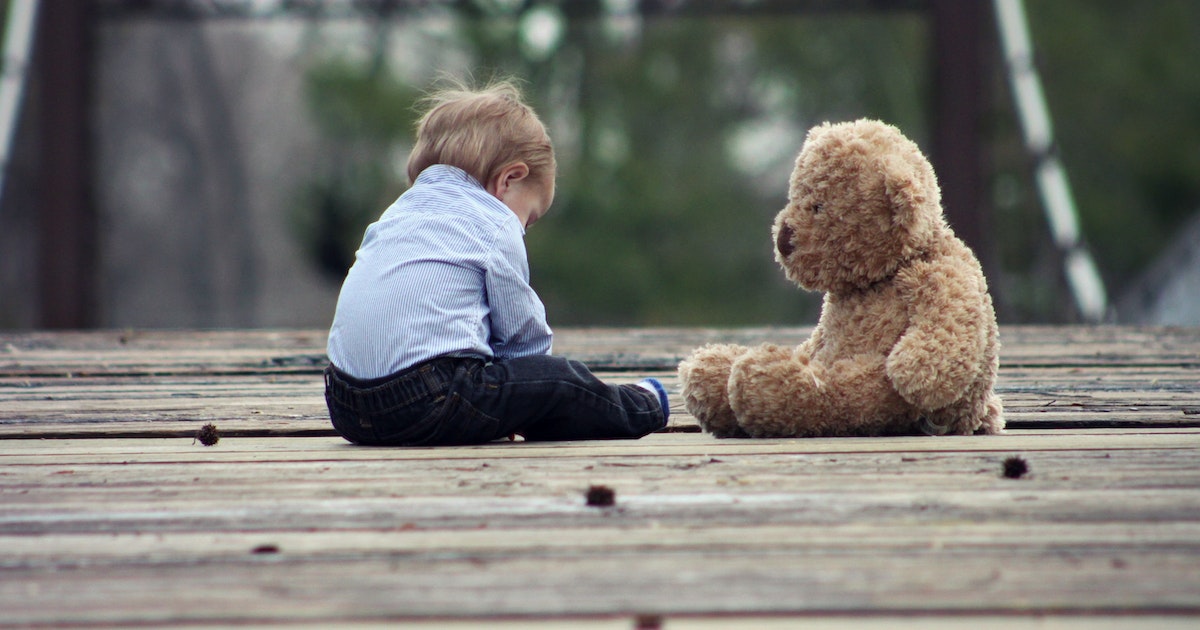
It can be tricky to make friends sometimes, but it seems to come more easily to children. That said, if your child seems to struggle more often to make or keep friends, it could be a sign of Narcissistic Personality Disorder (NPD). Kids who are at risk of being narcissistic have a lack of empathy, which is especially crucial in friendships.
Consistently haughty or cold attitude
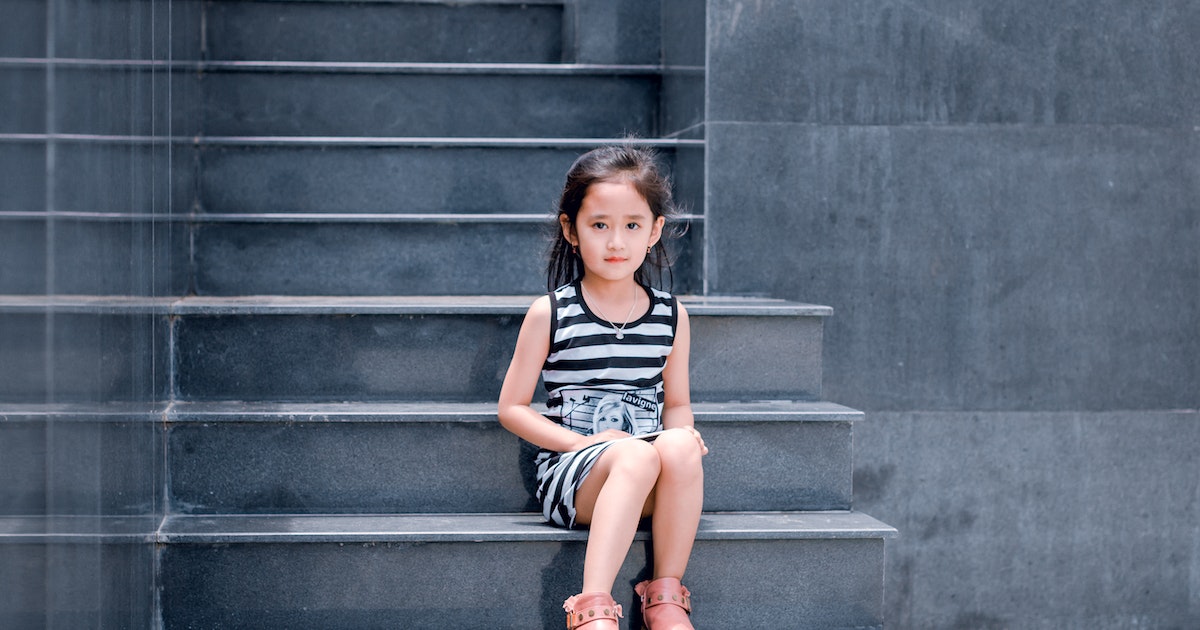
Children of course go through stages of self-development, so there will be times when they may come across as aloof or disinterested to the point of being haughty or cold. Children showing signs of narcissism will appear so much more regularly, due to the belief that they are special, and above other people.
Unable to develop a moral compass

For children and teens with narcissistic tendencies, or those at risk of developing some, not having a sense of right and wrong is a key indicator. Those who have NPD (Narcissistic Personality Disorder) have a distinct lack of moral compass, and won’t comprehend that being dishonest or taking what’s not theirs.
Belittling others on purpose
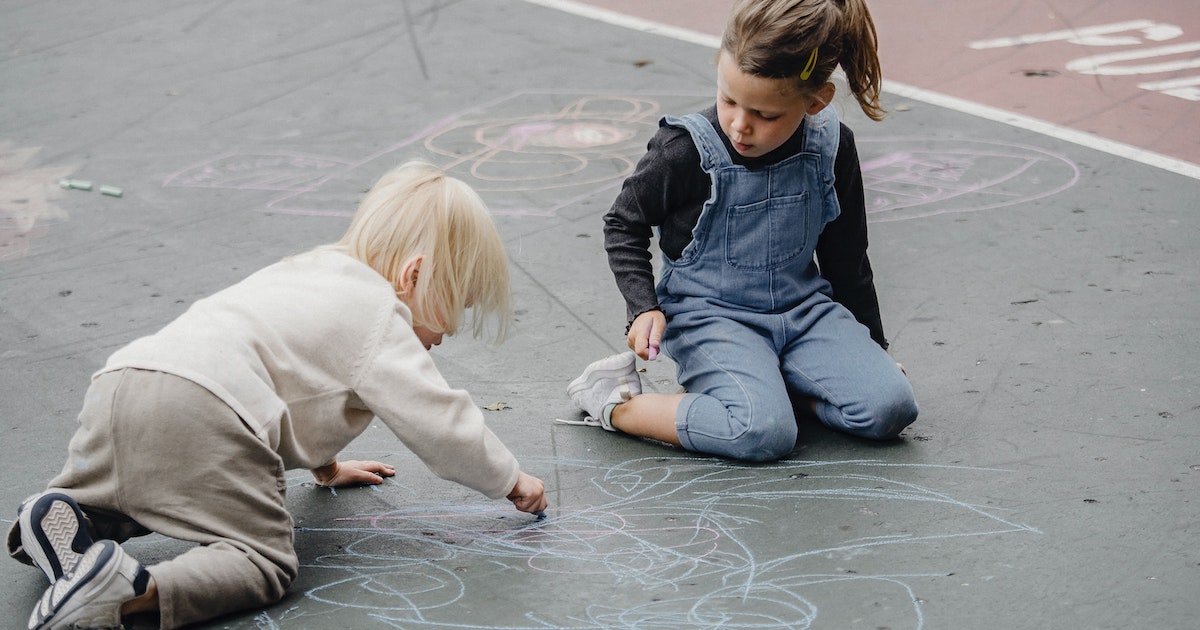
Children and teens that are at risk of becoming narcissists are so convinced of their own superiority that they can find others’ perceived inferiority to be infuriating, which often leads to them making fun of another person or peer. They simply cannot understand that it’s unkind or wrong to do so, as all they see is their own better qualities.
Prone to tantrums or loss of temper

Tantrums or rage come quickly and quite regularly to children and teens with a tendency to narcissism, because they genuinely believe they are the most important person and that they are entitled to what they want. This can be very trying for parents, carers and other people generally, as it’s widely known that it’s very rarely all about one person.
Taking advantage of others
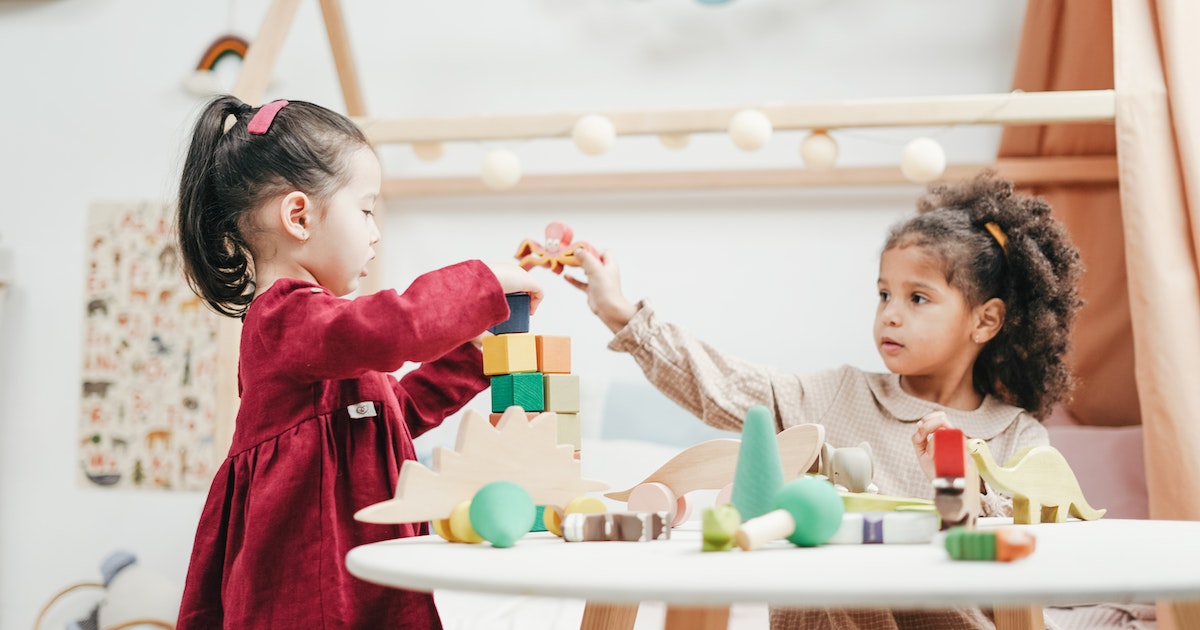
We can all be guilty of manipulating a situation or person to our own advantage on occasion, and kids have to learn the right and wrong ways to behave. However, if you think that your child might be prone to narcissistic behavior, then taking advantage of others is one of the key markers. To manipulate somebody so that you get what you want is unfair – and definitely a tendency of a narcissist.
Not saying thank you or showing gratitude

It’s one of the first social expectations that most of us are taught – to say or show your appreciation when someone says or does something kind for you. Saying thank you or giving someone a hug speaks volumes, but children and teens that show signs of narcissism don’t tend to do this – certainly not with any authenticity.
Resenting being given instructions or commands
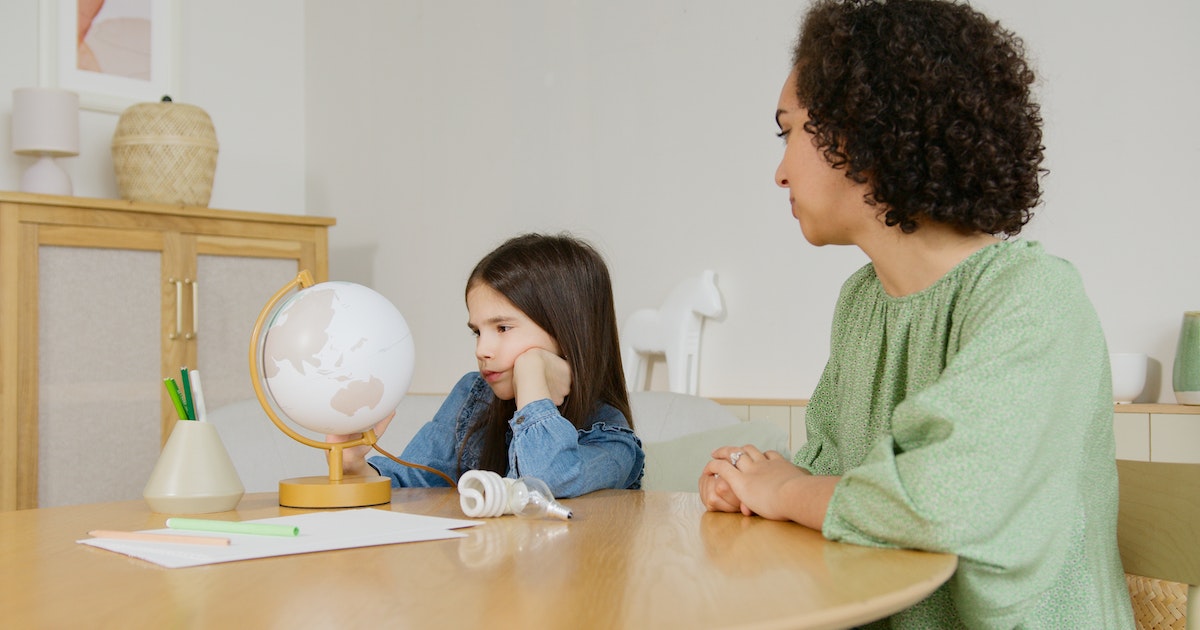
It’s entirely normal to dislike being bossed about constantly, but most of us can take instruction from those we recognize it from, such as our boss, or a colleague who has more experience. For kids, it’s normal to have adults to look up to and respect. Not so for narcissists or those with potential to become one … they don’t like being told what to do at any point. They believe themselves above it and they will express as much.
Unrealistic high standards and perfectionism
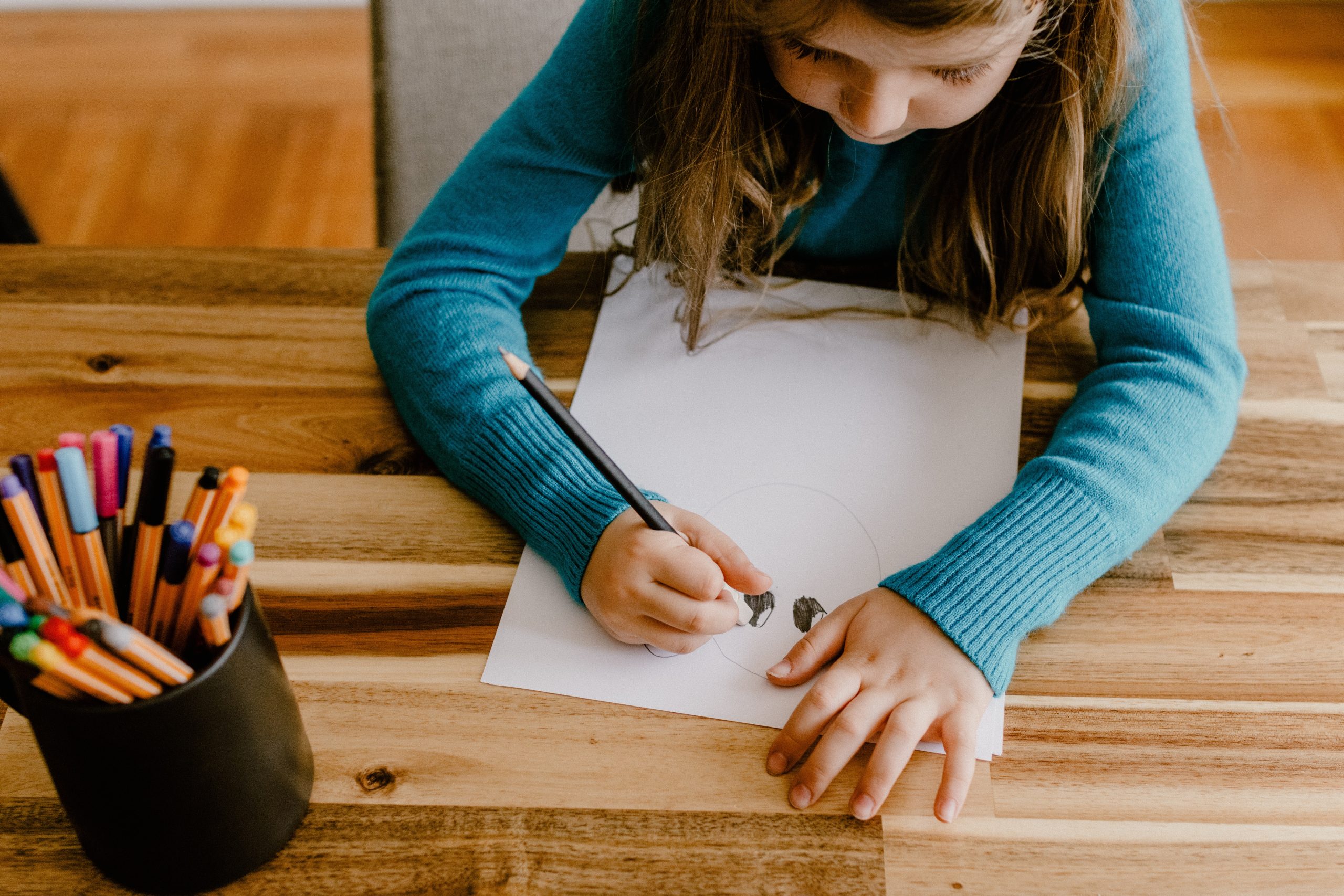
Perfect is a very lofty goal, and one that most of us realize is almost impossible, most of the time. Yet for children and teens who show signs of becoming a narcissist, expecting perfection is all too common, and if they don’t get it (or their perception of it), they will object. Often strongly and negatively.
Being envious of other people or their things
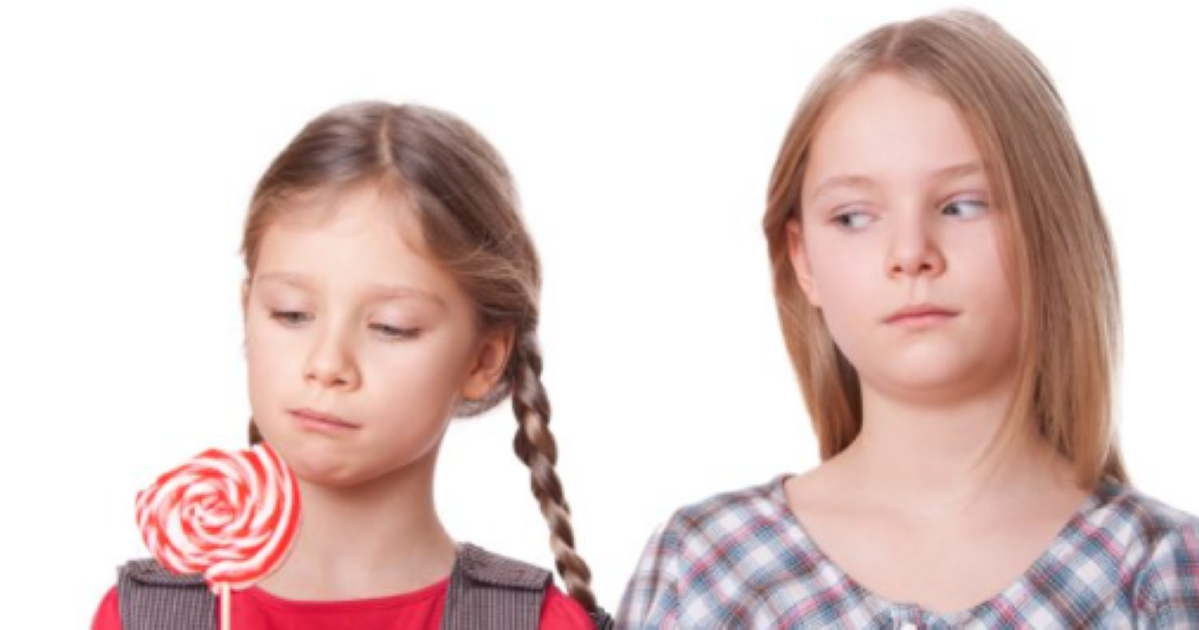
Admittedly, we all feel a little envious or even jealous at times. Someone has something we want, and we feel as if we deserve it – and maybe they don’t. Of course, for children that might be more commonplace but for kids and teens who are potentially developing NPD (Narcissistic Personality Disorder), they might feel envious of other people rather too often. Narcissists believe they are entitled to whatever makes them happy, so feelings of envy may be quite regular.
Unable to cope with stress maturely
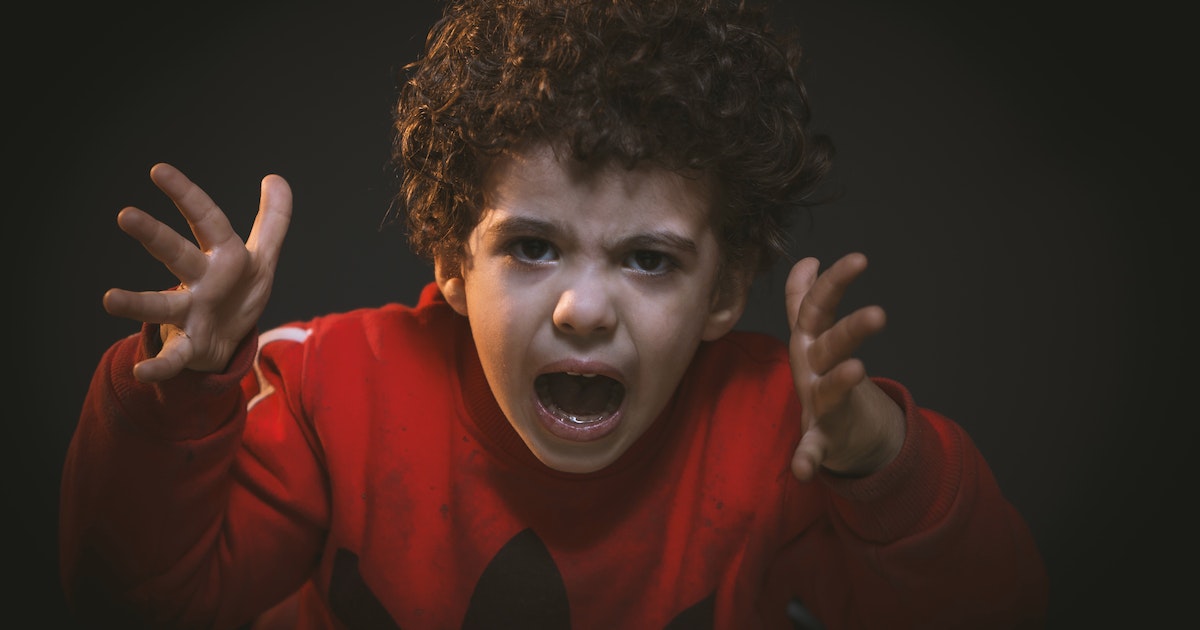
Every once in a while we might respond to something difficult or unpleasant in a childish manner – scream, lash out, like a young child might. Mostly though, as adults, we try to retain some sense of dignity and control. Not so for children with narcissistic traits. They genuinely think everything should be easy for them, and when it isn’t, they’re not mature or prepared enough to cope. Consequently their behavior deteriorates until they’re like a kindergarten kid again.
Blaming others for their errors
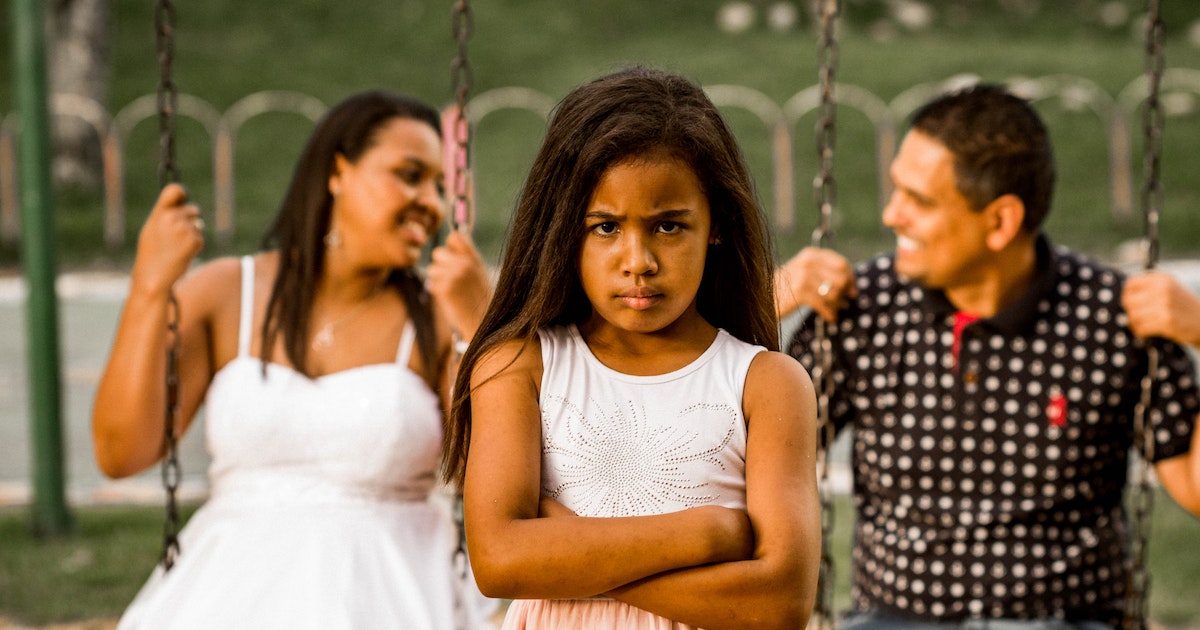
Go on, admit it – sometimes you blame someone else for your mistake, because you’re embarrassed and you know it was really your fault. For children and teens showing signs of narcissism, they genuinely think it’s the adult’s fault – that adults are unreliable and incapable, because how could it be down to themselves. It may sound absurd but that’s how a narcissist thinks.
Secret lack of self-esteem
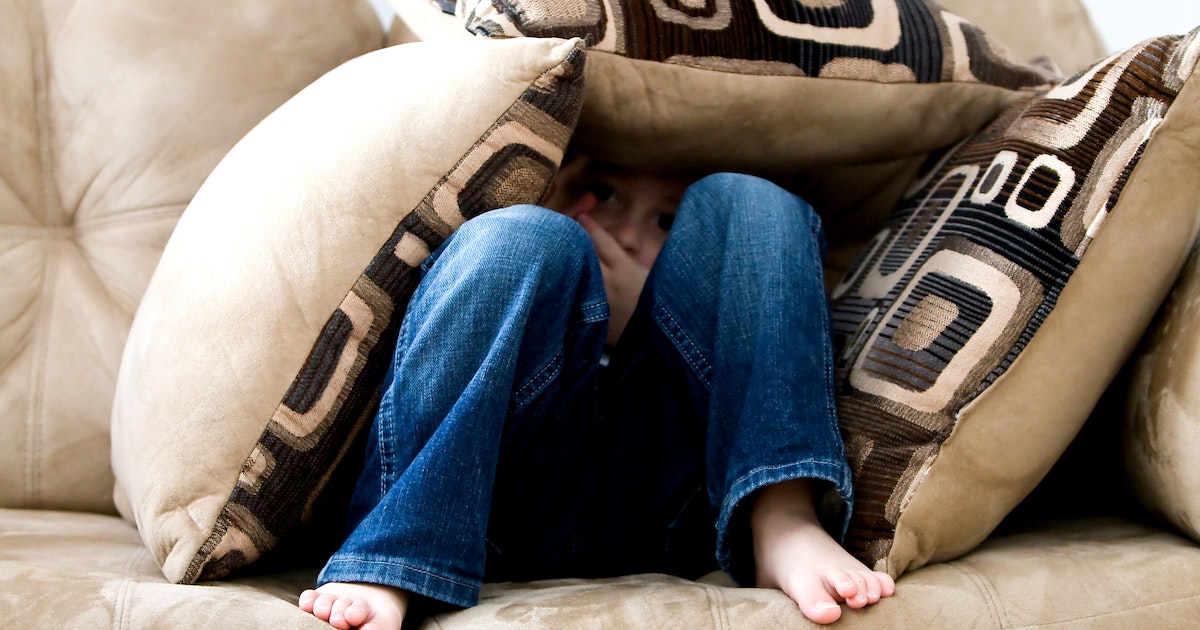
It might sound contrary, but narcissism comes from virtually no self-esteem. Think about it – if you didn’t have any self-worth, you’d feel compelled to find exterior validation. That’s what children who are prone to narcissism are effectively doing – it might seem selfish, but “fishing” for compliments is their attempt to find validation of their worth, as they can’t do it for themselves.
An inability to accept responsibility

Nobody likes being told off or corrected, and it’s often hard to accept responsibility, even as an adult. This is another area where kids with narcissistic traits stand out, though – they are incapable of taking criticism for their actions. That’s because they see it as simply doing what needs to be done for their own benefit – which, as a narcissist, is the most important thing.
Dominating or interrupting conversations

Reasonably well-balanced, functioning adults know that conversations are ideally 50/50, and that while one person might talk for a spell, everyone should get a reasonable chance to join in. Not with a narcissist. They will monopolize a conversation as they see fit – primarily as they see it as their right to do so.
Only spending time with people they think are superior

Perception of a person’s status in a peer group is a strong motivator when you’re young – and for narcissistic children and teens, that’s viewed as not just desirable but vital. This is because those erring on the narcissistic side, certain “superior” people are seen as (closer to) their equals, and that it’s their right to only spend time with those people.
Problems within their play

Children learn and develop so much through play, and despite the usual disagreements, it’s one of the best parts of childhood. For children who might be showing indicators of developing Narcissistic Personality Disorder, there are certain signs in their play that can act as red flags. These include vengeful behavior, not acknowledging others’ needs, and intense or repeated destructive play.
Needing to be the center of attention
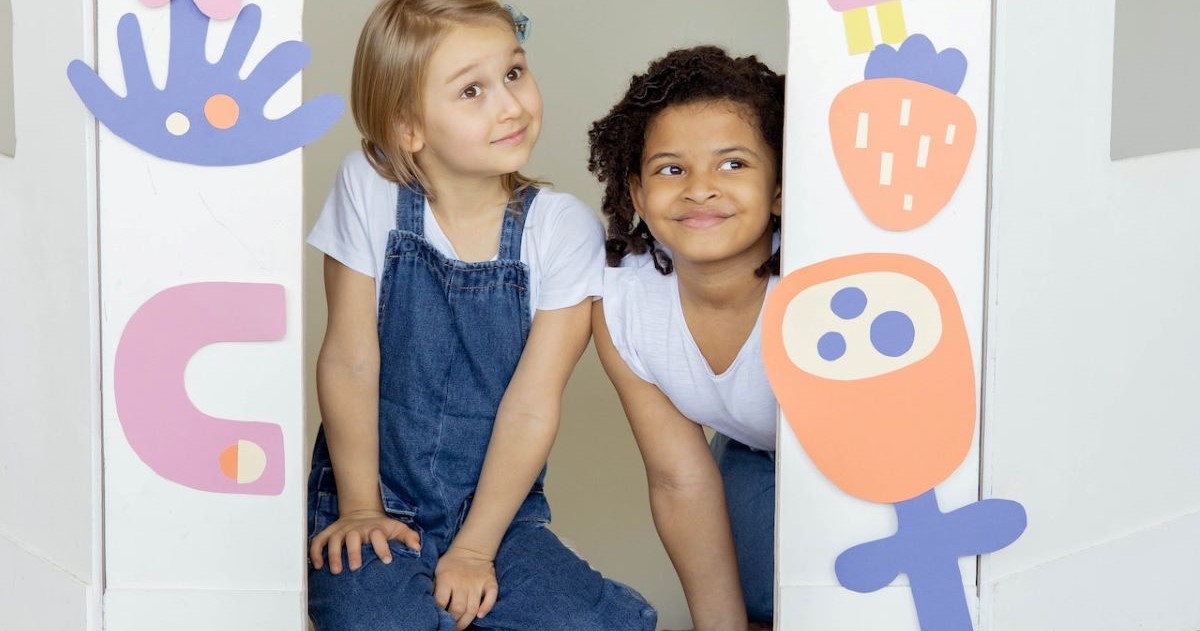
We all tend to like our moment in the spotlight. Well, a few of us really don’t, but it’s nice to be recognized and applauded. For kids and teens who are showing signs of Narcissistic Personality Disorder, being the center of attention is a given, and when it’s not met, they are not happy. For a narcissist, being center of attention is the default setting.
Fantasizes about owning all the toys, games etc
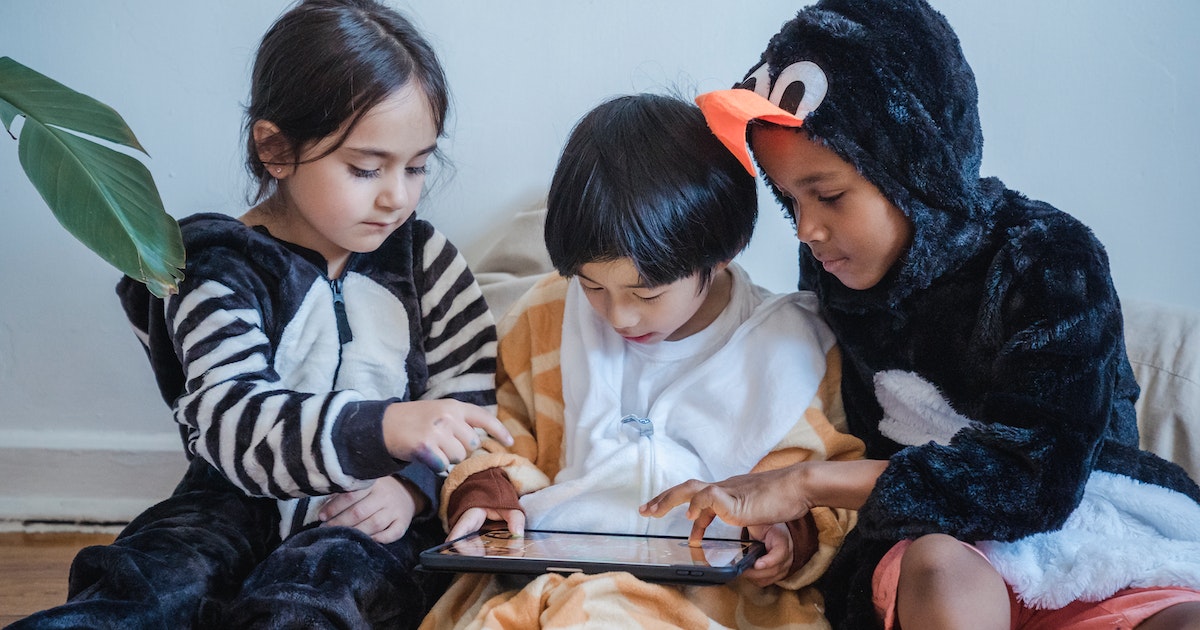
Adult narcissists are often seen to desire unlimited amounts of things such as power, money or sex. For children, their desires are more basic, but kids and teens who have narcissistic tendencies are likely to desire or fantasize endlessly about what they enjoy or deem worthy – toy and games, primarily, as that is what children tend to value.
Separation anxiety from parents or carers

We all find goodbyes difficult at times, but for children it can be worse. Your parents or carers are your world as a kid, especially for youngsters. We tend to grow out of that as we approach adulthood, but for kids and teens who are verging on narcissistic, separation anxiety can be a telltale sign. Despite their apparent self-belief, they don’t have the tools to justify their value – hence their behavior, and the challenge of being separated from their parent or carer.
Excluding others from play
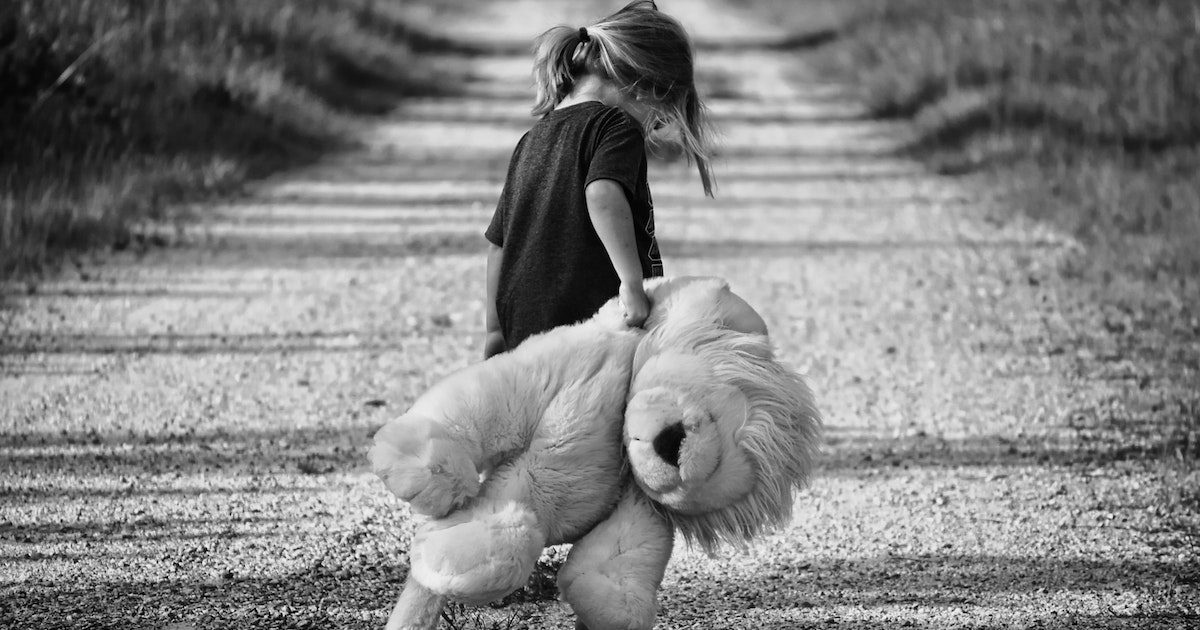
Anyone can be mean on occasion, we’re all human and we all exclude someone – whether intentionally or otherwise – at some point. However, kids can be worse, and narcissistic kids worst still. They are very picky with who they play with, deeming only those children of a certain social stature or ability to be acceptable company.
Their grades at school aren’t on par with their language
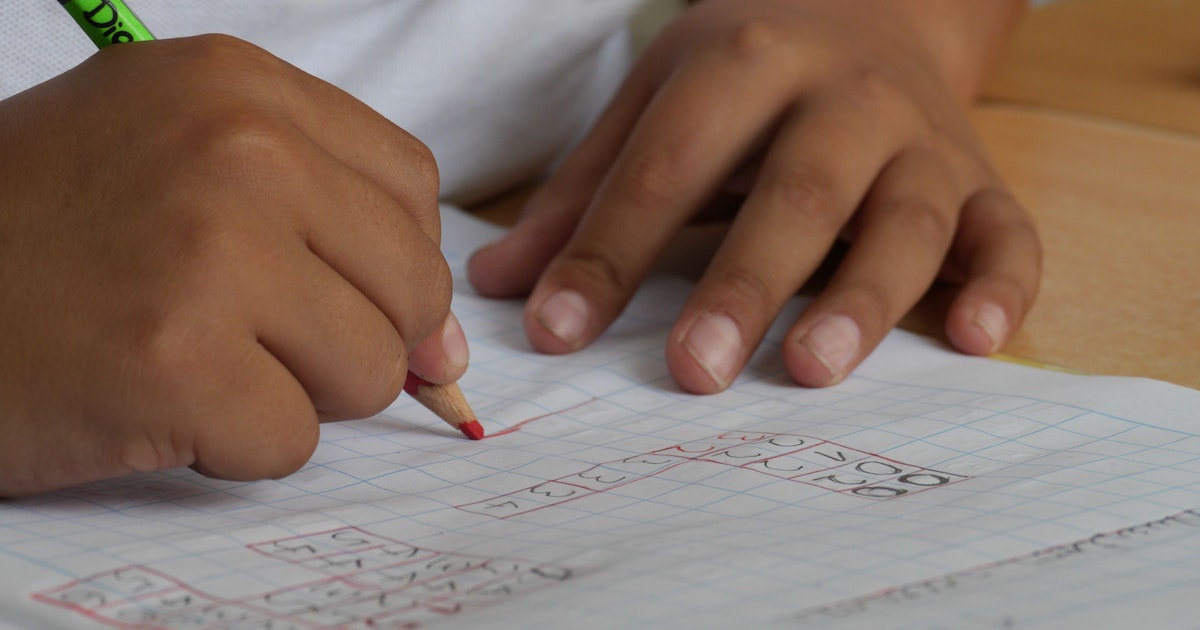
If you’re concerned that your child might be at risk of becoming a narcissist, this is one key identifier you should heed. Kids with or potentially developing Narcissistic Personality Disorder often develop advanced vocabulary and language skills to help them obtain what they want. It also comes in handy at masking shortcomings elsewhere. This can affect their grades and performance.
Belief that they are better than other kids
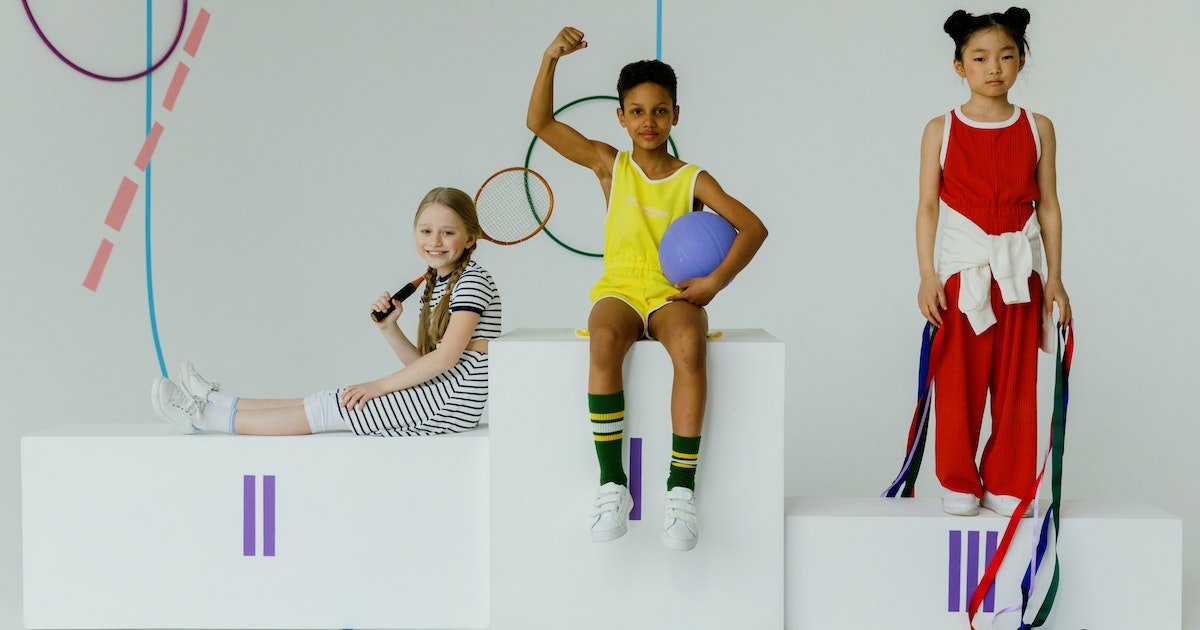
As normal, reasonably functional adults, we know that we have strengths … and weaknesses. Narcissists hold the belief that they are better than others – not in a specific sport or subject, but generally, at pretty much everything. It’s really hard to disprove that belief, in part because there are so many ways to be better at someone else, but also because narcissists hold their beliefs beyond reason.
Extreme reactions to negative attention
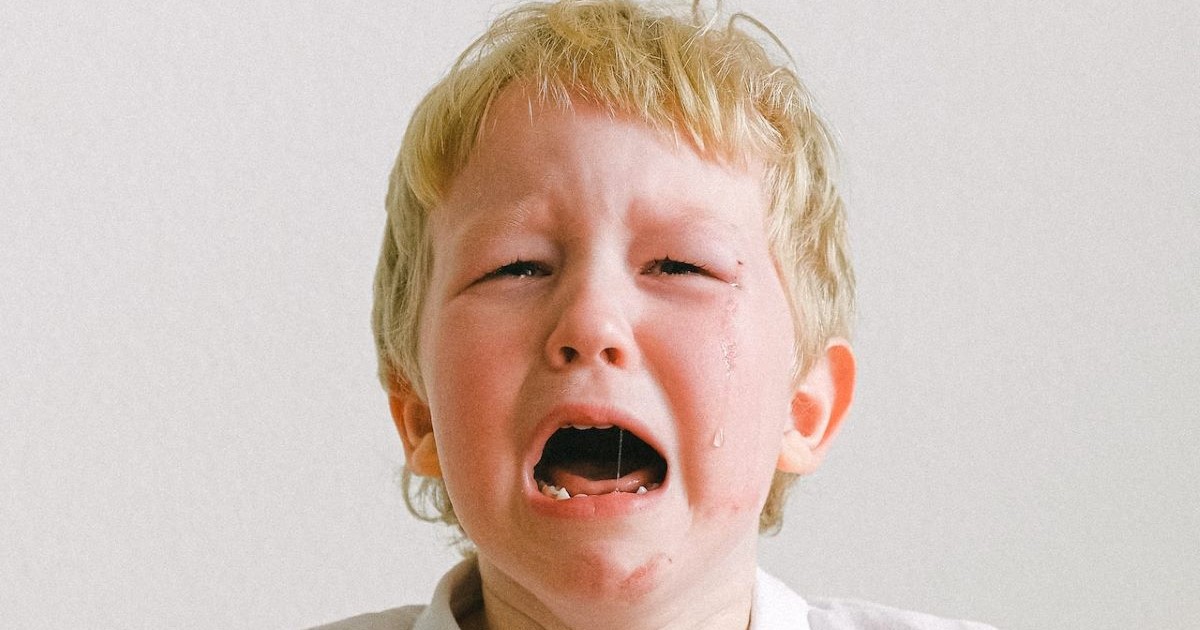
Negative attention can come in various guises, and it’s never a pleasant experience – the clue’s in the name. However, adults have learned to mostly take it in their stride and respond accordingly. Children have to learn what the appropriate reaction is, but those kids with narcissistic tendencies can take it too far. A negative comment about their choice of clothing for example, and they might be having a colossal meltdown rather than simply explaining their choice.
Exaggerating their achievements
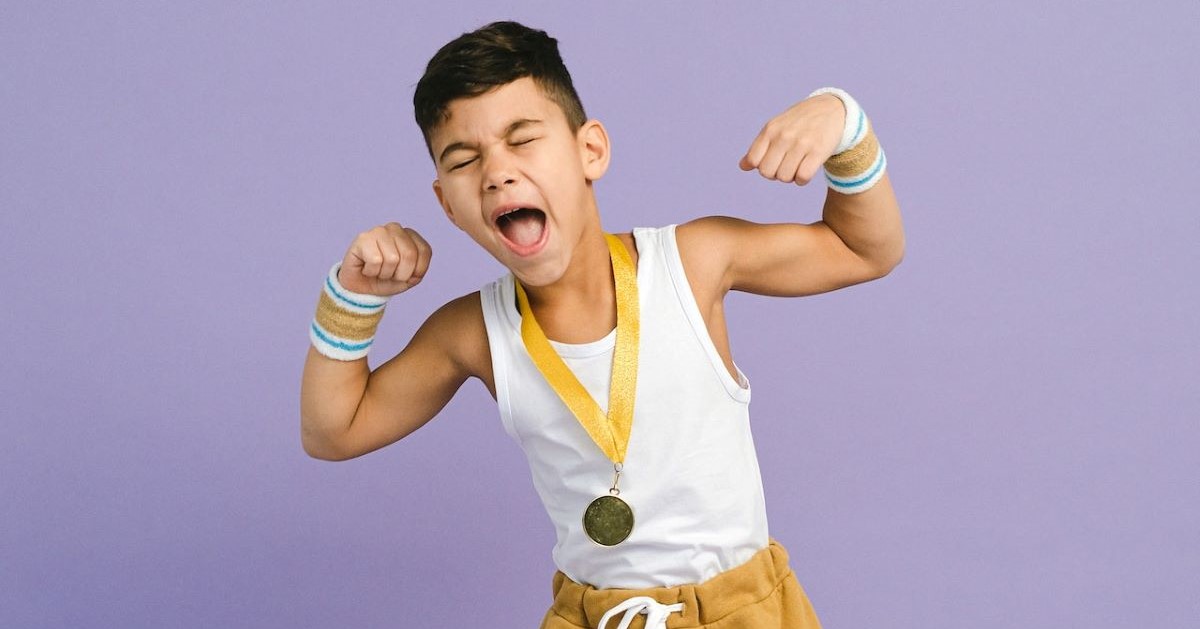
It comes across as particularly unkind to try and downplay someone else’s successes, but in the mind of a narcissist, or a child who has or might have Narcissistic Personality Disorder, that success someone else had is going to reflect badly on them, so it can’t be allowed to happen. In order to negate the perceived impact, they will exaggerate their own achievement.
Regularly getting into fights or confrontations
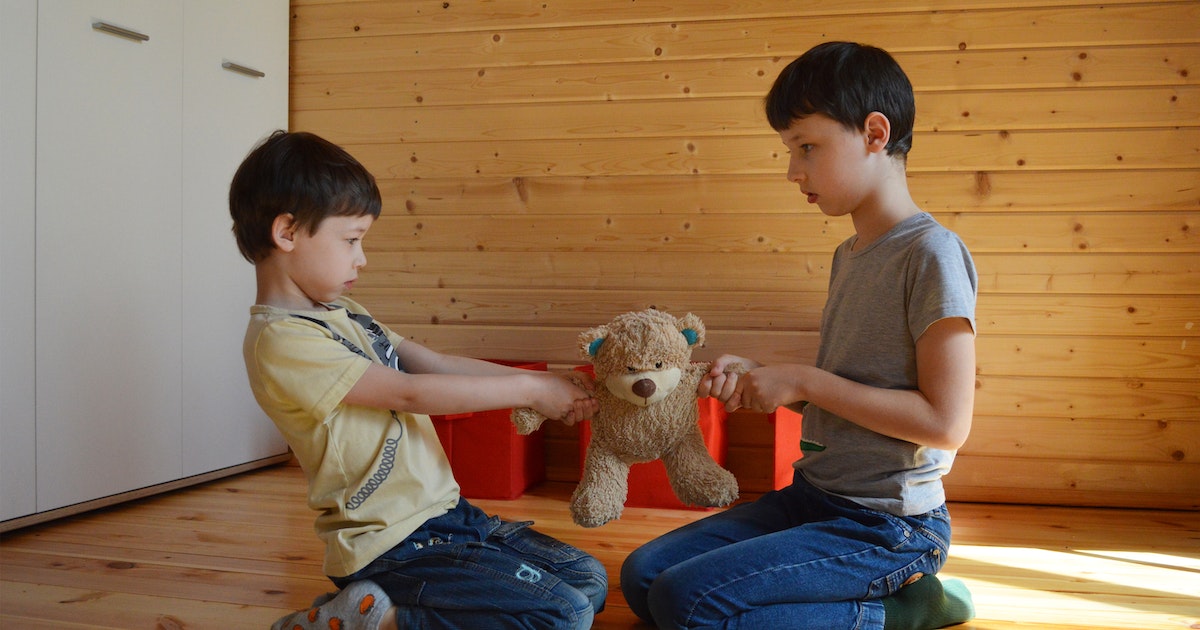
All kids fight and squabble. Even adults do it, just not normally over toys and other childish possessions. It comes with being human, but it’s a whole new ballpark when a child who has narcissistic qualities or maybe has full Narcissistic Personality Disorder fights. They will see the disagreement as an affront to them, and that they are completely right and entitled to win the argument.
Overinflated sense of being special and unique

Granted, everyone is unique – even identical twins, triplets etc. have individual characteristics that differentiate them. We are all special as a result, but kids who are prone to narcissism or are showing signs of Narcissistic Personality Disorder really believe that they are more special that many others just by being themselves.
Pushing back against authority figures

This one is especially true when kids and teens with narcissistic qualities feel as if things aren’t going their way. If they feel like their needs (or wants) aren’t being met, they will challenge those who are in positions of authority in their lives – teachers, parents and carers, anyone with what they see as power over them.
Putting other children down
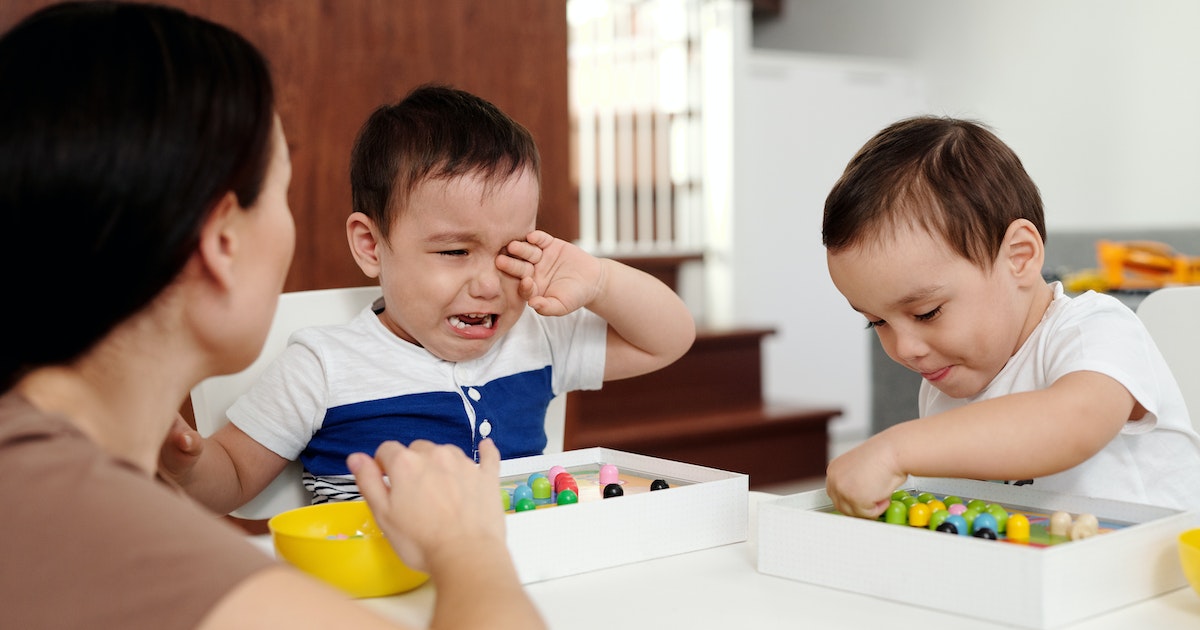
It’s a well-known truth that it’s not OK to be mean or unkind to other people, and that includes children. For narcissistic kids though, they wouldn’t see a problem with that. In their eyes, it will be a fact and therefore needs saying, especially if they have heard a positive statement about that child first. For them, hearing praise about others is therefore a criticism of themselves.
Avoiding eye contact

This is one of those social skills that children tend to develop over time, as they learn when and for how long to hold eye contact with someone else. One of those skills that comes with growing up and accordant maturity. For children with potential Narcissistic Personality Disorder, avoiding eye contact is a protection from the risk of rejection, when the other person looks away or won’t meet their gaze in the first place.
Extreme sense of self-importance

We all need to feel our worth – everyone contributes something to the world, and that self-assurance is important for every person. For children and teens with narcissistic traits however, they have an extreme concept of their own importance, to compensate for the underlying lack of self-esteem.
Hidden insecurities or shame
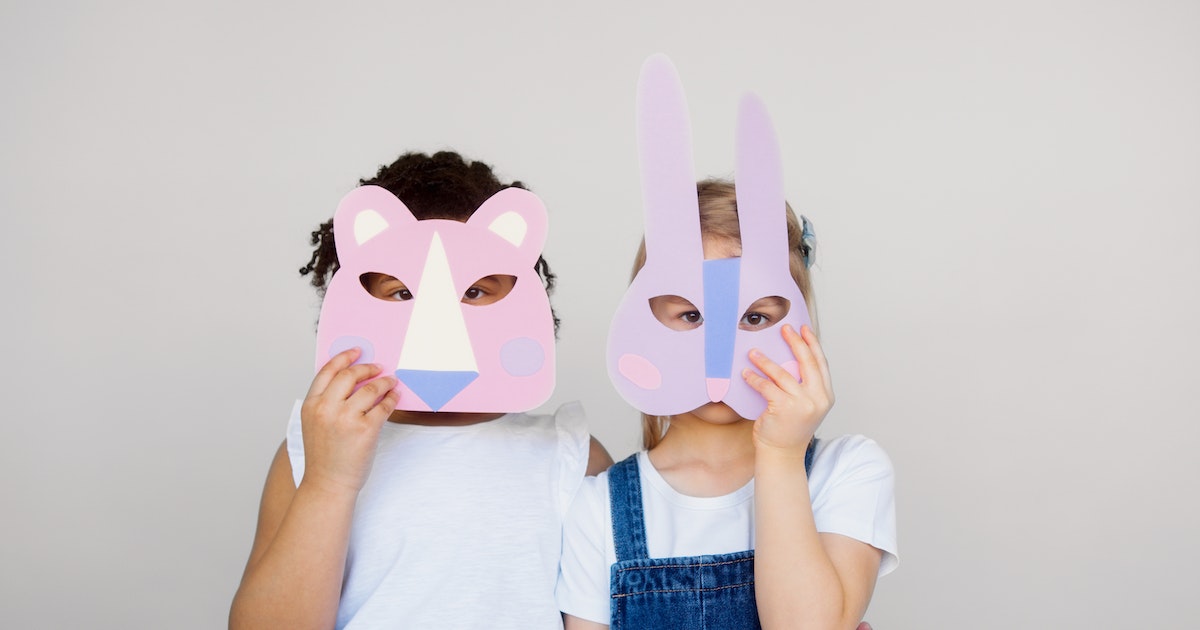
Narcissistic children come across as overly confident, to the point of unlikeable and rude, but underneath that hard and sometimes caustic exterior is someone in need of reassurance and love. The root of the reason for narcissism in kids is a distinct lack of self-esteem, and subconsciously they feel worthless.
Pathological play
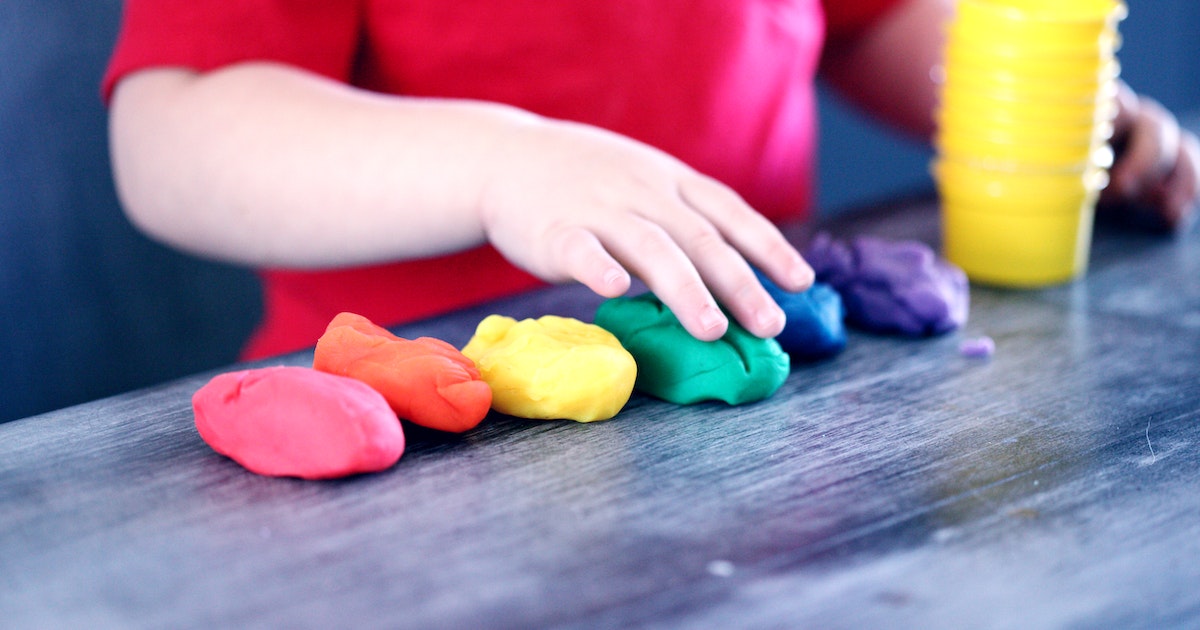
If you’ve not heard of pathological play, it’s not as aggressive as it might sound. It is characterized as such behavior as lining up toys, spinning things, repetitive moments or fixating on certain items or activities. It is often seen in children with developmental delays, and that includes children at risk of, or diagnosed with Narcissistic Personality Disorder. It can interfere with engaging and social play.
Refusal to recognize those in authority

We all rebel sometimes, and it’s particularly common as we head towards our teenage years, and through them. Yet for children and teens who are prone to being narcissistic, it’s especially apparent. They might not respect the authority of the head(s) of the household on any level. even if those parents or carers are very relaxed in their approach.
Withdrawal from those who don’t give admiration
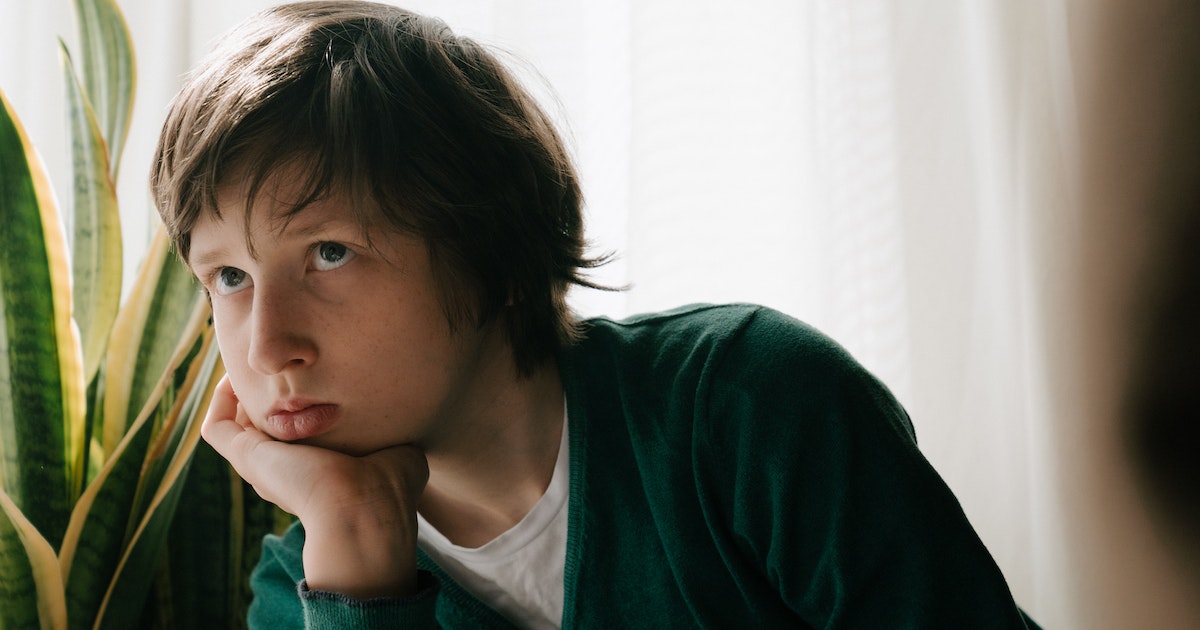
Kids and teens often need reassurance and praise to boost or maintain their self-esteem, but for those with narcissistic qualities, they will not only seek that, but will actively pull away from anyone who they feel doesn’t reward them with that admiration. It might not be obvious or assertive; they might just distance themselves from the person they feel isn’t recognizing their worth.
Unwarranted sense of entitlement

There are times when any one of us might feel a sense of entitlement – birthdays, celebrations, other occasions of recognition or success. However, a child with Narcissistic Personality Disorder, or showing signs thereof, will feel entitled to whatever they want, all of the time. Their sole focus is to please themselves, so this is only natural to them.
Arrogance and sense of superiority

If you come across is overly arrogant and smug, there’s less chance that someone will see you as vulnerable and therefore single you out. We know that it’s not realistic to behave this way, but for kids or teens with narcissistic qualities, it seems the only way to be.
Inability or difficulty showing empathy

Empathy is a quality that we learn as young children, with the realization that other people have feelings that just as important as your own. For kids and teens with Narcissistic Personality Disorder, that knowledge hasn’t been learned or fully absorbed. They will have a difficult time feeling or showing empathy, as they are so focused on their own needs and feelings.
Showing off and being loud

It’s very common for kids to be loud and to show off. It certainly isn’t a sign on its own that your child or children may be turning into full-on narcissists. Having said that, if it’s happening a lot alongside other markers for narcissism, then regularly showing off or being loud as a cry for attention may be something to watch for.
Excessive need to be admired
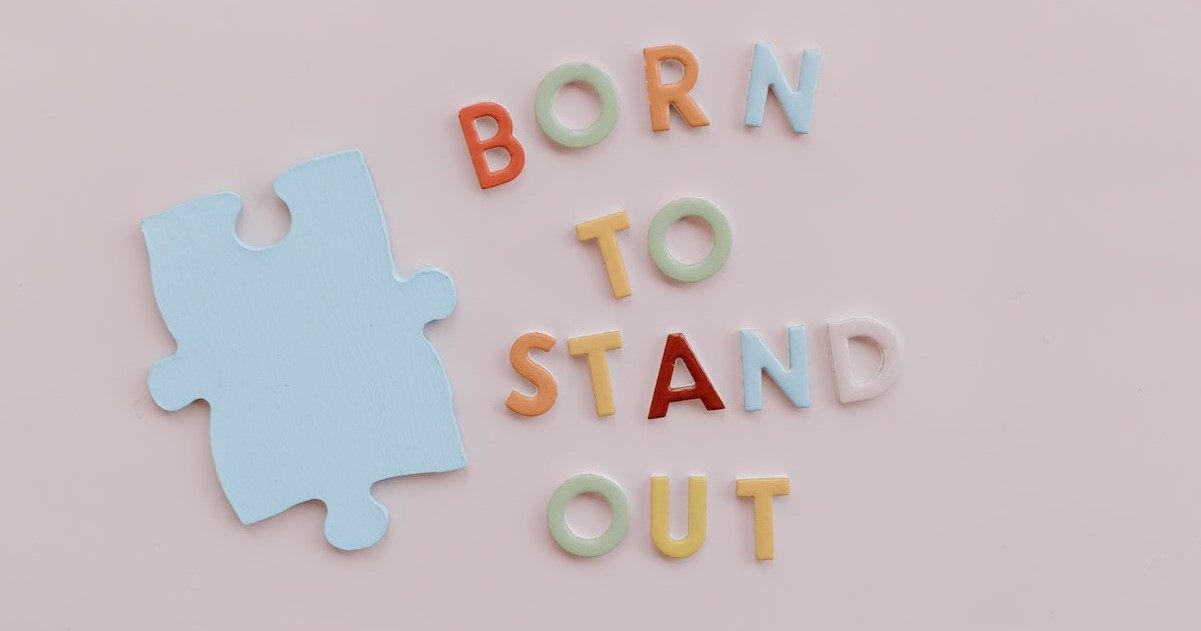
It can be nice to be admired, especially when you’ve worked really hard at something. That recognition can make it all worthwhile, and can be a bit lift to your morale. For narcissistic children and teen though, it’s almost constant – that need for admiration from those they deem worthy. If they don’t feel constantly admired and recognized, then their behavior can be noticeably negative.
